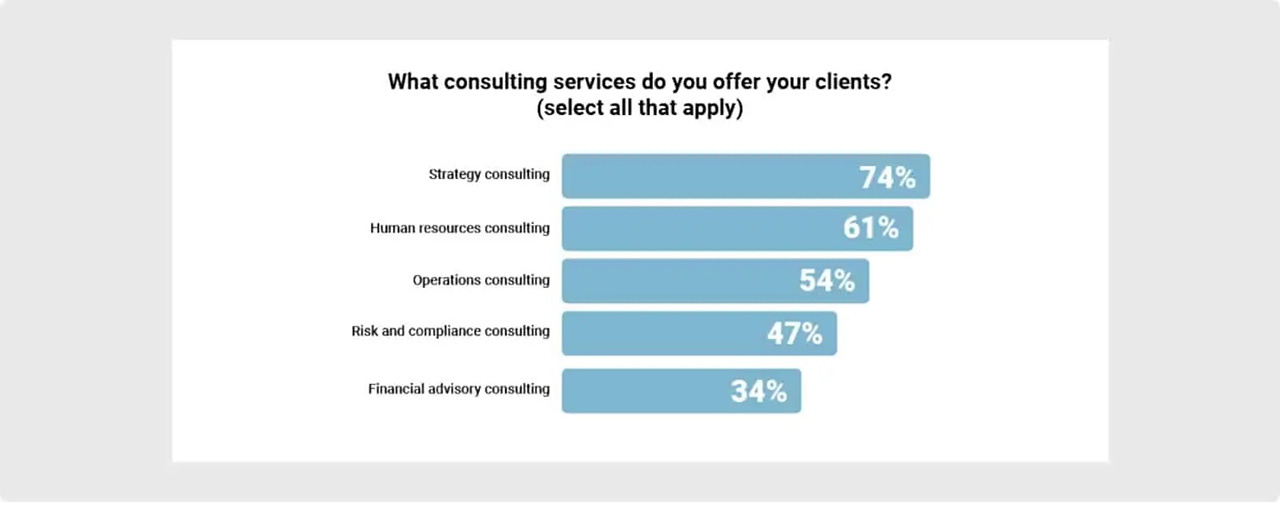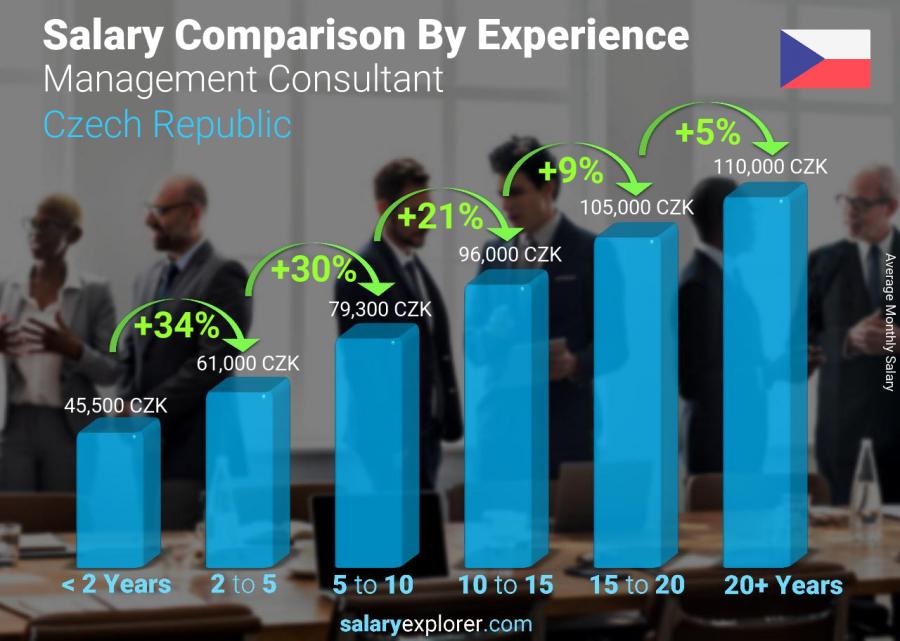
Charge a consultation fee for your services. As you build up a client base, you will be able to increase your rates. There are two possible ways to structure fees: You could charge a fixed amount or a percentage. Free consultations should be avoided. In most cases, free consultations lead to wasted time and expense.
There is a consultation charge
Although it may seem counterintuitive to charge consultation fees for your services, this actually increases your closing rates by up to 17%. It also shows that you are serious when it comes to cosmetic procedures. It shows potential patients that you are serious about cosmetic procedures and makes them more interested in your work.
Before you begin charging a consultation fee for your services, it is important to consider your clients' needs. How much can you realistically charge them? You can determine an amount that is fair and reasonable based on your experience. Consider offering a credit equal to your fee on the first bill. This only applies to clients who have decided to retain your services.
Don't forget to book a consultation
Free consultations are a great way for prospects to express interest in your products or services. However, you should be aware of how long the consultation is expected to last and have a plan of what topics you'll cover. This will ensure that distractions are minimal and you can move easily from one topic or another. Next, you need to finalize the deal once you've defined the scope.

In order to be successful, your consultation should include a call, a clear step next, and regular follow up. Your free consultation will not be a failure if you follow these steps. It is important that you target your free consultations so that they result in a purchase or signing-up.
As a percentage, charge a portion of the project's income
Some consulting firms will charge their clients a percentage for the project's income. To ensure clients feel satisfied with their fees, some consulting firms charge a percentage of the project's revenue to compensate them. Consider what type of work and client needs you are offering before deciding how to structure your consulting fees.
Many consulting services include meetings and phone calls with clients. You can also choose to charge by the hour. This approach can have its advantages, but it can also penalize people who are faster and more efficient.
Flat fee
There are some things you need to take into consideration before charging a fee for consultations. Some clients want a fixed price while others don't know where they should start. It's important to ensure you charge fair rates. Every client is different and your fees should reflect that. You should research the market and prepare a list with potential fees.
Consultation fees should reflect the value of the services you provide. Clients will not be willing to pay more if the fee is too high. A flexible fee structure gives you a competitive advantage and helps you reach a broader market.

Flat fee charged based on performance
Flat fees based upon performance are a good way to charge consultation fees. This structure is used by most consulting firms. In this model, the consultant evaluates the work that needs to be done and staffs a small team. The work cost is included in the total fees. The team is encouraged by the company to provide quality work regardless of how much they have been asked for. This is especially useful for projects that have clear requirements, a set duration, and minimal interdependencies.
The main benefit of this pricing structure is that it ensures a fair compensation for the consultant and makes the payment process faster and easier. Before setting a flat rate based on the performance of consulting fees, there are important points to be aware.
FAQ
What are the different types of jobs available for consultants?
You will need to be able to understand business strategy and operations if you want to work as a consultant. It is important to understand the workings of businesses and how they fit into society.
Consultant work requires excellent communication skills and the ability to think critically.
Consultants should be flexible because they may be asked for different tasks at various times. They must be able and willing to adapt quickly to changes in direction.
They must be willing to travel for their clients. This type work can take them anywhere in the world.
They also need to be capable of handling stress and pressure. Sometimes, consultants may be required to meet strict deadlines.
As a consultant you might work long hours. This means that you may not always get paid overtime rates.
What is a consultant anyway?
Consultants are people who provide services to others. It's not just a job title; it's a role where you help others achieve what they want from life. This involves helping them to understand their choices and making the right choices.
Consultants have the ability to solve any problems or challenges that may arise from projects. They offer guidance and advice about how to implement such solutions.
Any questions you have about business, technology and finance, leadership or strategy, human resource management, customer service, customer service, or any other topic, a consultant can answer them.
What are some of the advantages to being a Consultant?
Consultants often have the option to choose when and what they do.
This allows you the freedom to work wherever you like, whenever you want.
You can also easily change your mind, without worrying about losing any money.
Finally, you have the ability to control your income levels and establish your own schedule.
Statistics
- My 10 years of experience and 6-step program have helped over 20 clients boost their sales by an average of 33% in 6 months. (consultingsuccess.com)
- 67% of consultants start their consulting businesses after quitting their jobs, while 33% start while they're still at their jobs. (consultingsuccess.com)
- On average, your program increases the sales team's performance by 33%. (consultingsuccess.com)
- According to statistics from the ONS, the UK has around 300,000 consultants, of which around 63,000 professionals work as management consultants. (consultancy.uk)
- Over 50% of consultants get their first consulting client through a referral from their network. (consultingsuccess.com)
External Links
How To
What does a typical consultant's day look like?
Your work type will determine the length of your day. You'll spend your time researching new ideas and meeting clients.
Clients will often meet with you to discuss their problems. These meetings can be held over the telephone, online or face-to face.
It is possible that you will be asked to write proposals. These documents outline your ideas and plans, and are required by clients. These proposals should be discussed with a mentor or colleague before being presented to clients.
After all the planning and preparation, you will have to produce some content. This could include writing articles, designing websites or editing photos.
You may need to conduct research depending on the scope of your project to find relevant statistics and figures. This could include finding out how many customers your company has and whether they purchase more than one product.
Once you have all the information needed, it is time for clients to see your findings. You can either present your findings in writing or orally.
Finally, you must follow up with clients after the initial consultation. You might contact them regularly to check on their progress or send them emails to confirm they have received your proposal.
Although it takes time, this process is worth it. It's also important to keep your eyes on the prize and maintain good relations with clients.